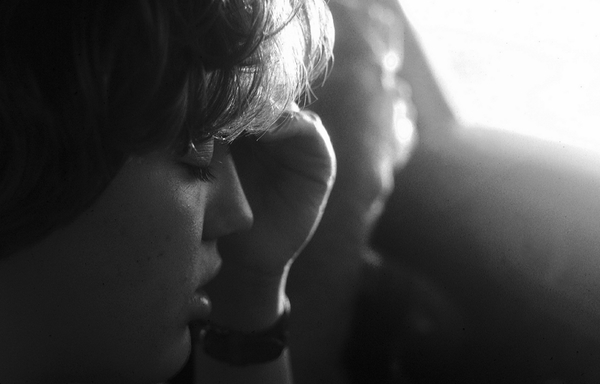
By Alana Mitchelson
ALMOST one in two girls from Cardinia shire aged between 15 and 19 experienced gender-based discrimination this year, a youth report has revealed.
The annual Mission Australia youth survey reported that about 44 per cent of girls were discriminated against based on gender compared to 7 per cent of boys.
About one in four teenagers admitted to having experienced discrimination due to age, gender or physical health, with half of respondents having witnessed discrimination in the last 12 months, most commonly with a racial undertone.
The survey showed that the shire’s teens were becoming more concerned about discrimination, closely followed by alcohol and drug issues.
About 33 per cent of teenagers feared discrimination, 30 per cent were concerned about alcohol and drugs, and about 23 per cent were most worried about crime and safety.
Consistent with the national and state results, the top three issues of concern for Cardinia’s youth were coping with stress, school or study problems and body image.
The survey also identified family conflict and depression as a major concern.
About one in five Cardinia teenagers also voiced concerns about mental health.
National mental health concerns doubled since the 2011 survey, boosting it to among the top three issues for the first time in the survey’s 15-year history.
The majority of Cardinia respondents planned to attend university while almost 30 per cent planned to travel and 25 per cent intended to go directly into the workforce after graduating from secondary school.
Almost half were employed part-time, 38 per cent were looking for work and 18 per cent were not currently seeking job opportunities.
Mission Australia state director Noel Mundy said he was particularly concerned that young people in Victoria had highlighted equity and discrimination as the top concern facing the nation, with mental health also identified as a major concern.
“The numbers of young people both experiencing and witnessing discrimination are absolutely unacceptable,“ Mr Mundy said.
“We must do more to change these results. Political and social leaders need to lead the charge and challenge the status quo.
“We all need to speak up, challenge stereotypes and address mental health issues and discrimination when we see it.
“By engaging governments, businesses, sports and other institutions, the media and schools, we can shape a future where discrimination is simply not tolerated.”
Mission Australia chief Catherine Yeomans said a co-ordinated, comprehensive and cohesive national plan was needed to ensure young people in need could access the appropriate programs.
“There are some great educational awareness programs working in schools but we need to make sure all young people are able to access and navigate the appropriate supports, advice and information to help them in times of need,” she said.
“We also need to question how early we start providing mental health services. Some of our staff are seeing children as young as eight with suicidal thoughts and there is often limited access to the necessary supports.
“It’s important that we give young people a voice and that we feed those concerns into the policy making process.”
Mission Australia surveyed 22,000 children aged 15 to 19 across Australia.
For more information, visit www.missionaustralia.com.au.







